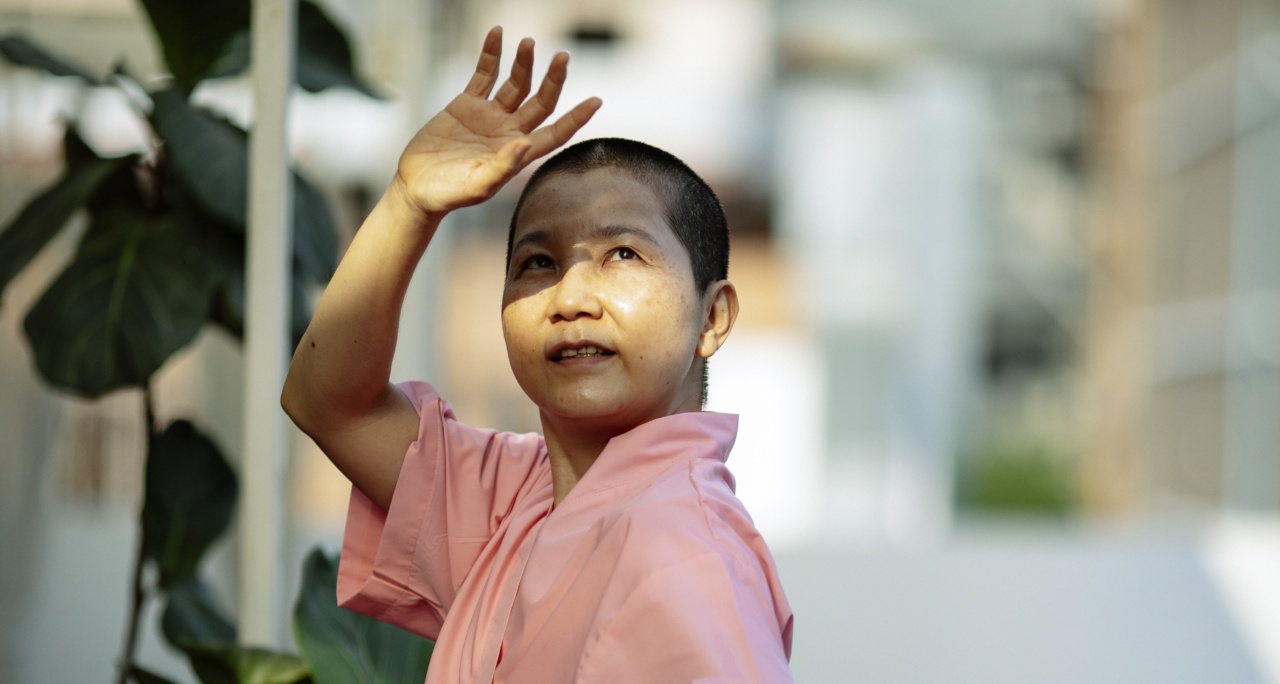Cancer is one of the most dreaded diseases around the world, and it affects millions of people every year.
The good news is that there is still today a lot that you can do to reduce your risk of getting cancer or to improve your survival chances if you get the disease. In this article, we will look at the latest tips on cancer prevention and what you can do to avoid getting this disease.
1. Stop Smoking
One of the most important things you can do to reduce your risk of cancer is to stop smoking. Smoking is responsible for a wide range of cancers, including lung cancer, throat cancer, and bladder cancer.
If you are a smoker, quitting is the single most important thing you can do to reduce your risk of cancer and improve your overall health.
2. Eat a Balanced Diet
Eating a balanced diet is crucial for good health and can help to reduce your risk of cancer. Make sure that your diet includes plenty of fruits and vegetables, whole grains, and lean proteins.
Avoid saturated and trans fats, which have been linked to cancer and other diseases.
3. Exercise Regularly
Exercise is also important for good health and can help to reduce your risk of cancer. Aim for at least 30 minutes of moderate exercise most days of the week. This could include activities such as walking, cycling, swimming, or jogging.
Regular exercise can help to lower your risk of cancer by reducing inflammation, improving immune function, and reducing body fat.
4. Protect Yourself from the Sun
Exposure to the sun’s ultraviolet (UV) rays can increase your risk of skin cancer. To protect yourself, wear protective clothing such as hats and long-sleeved shirts and use a broad-spectrum sunscreen with an SPF of at least 30.
Avoid sunbathing and tanning beds, which can also increase your risk of skin cancer.
5. Get Screened Regularly
Regular screening can help to detect cancer early, when it is most treatable. Talk to your doctor about what screening tests are right for you based on your age, gender, and other risk factors.
Some common screening tests include mammograms for breast cancer, Pap tests for cervical cancer, colonoscopies for colon cancer, and prostate-specific antigen (PSA) tests for prostate cancer.
6. Limit Your Alcohol Consumption
Drinking alcohol can increase your risk of several types of cancer, including breast, liver, colorectal, and throat cancer. If you choose to drink, limit your intake to no more than one drink per day for women and two drinks per day for men.
7. Avoid Exposure to Harmful Chemicals
Exposure to certain chemicals can increase your risk of cancer. This could include exposure to tobacco smoke, asbestos, benzene, and other chemicals.
If you work with these substances, make sure to follow safety protocols and take measures to protect yourself.
8. Consider Genetic Testing
If you have a family history of cancer, you may be at higher risk for the disease. Talk to your doctor about whether genetic testing is right for you.
This testing can help to identify whether you have inherited a genetic mutation that increases your risk of cancer and can help to guide your screening and prevention strategies.
9. Manage Your Stress Levels
High levels of stress can increase your risk of cancer and other chronic diseases. To keep your stress levels under control, practice stress management techniques, such as meditation, deep breathing, or yoga.
Make time for activities that you enjoy and that help to reduce your stress levels.
10. Stay Up-to-Date on Your Vaccinations
Some viruses have been linked to an increased risk of cancer. For example, human papillomavirus (HPV) can cause cervical and other cancers, while hepatitis B and C can increase your risk of liver cancer.
To reduce your risk, make sure you stay up-to-date on all of your vaccinations, including the HPV vaccine and the vaccines for hepatitis B and C.
By following these tips, you can significantly reduce your risk of cancer and improve your overall health. Remember to talk to your doctor about your individual risk factors and to get screened regularly for cancer.
Note: This article is for informational purposes only and is not intended to be a substitute for professional medical advice, diagnosis, or treatment..































